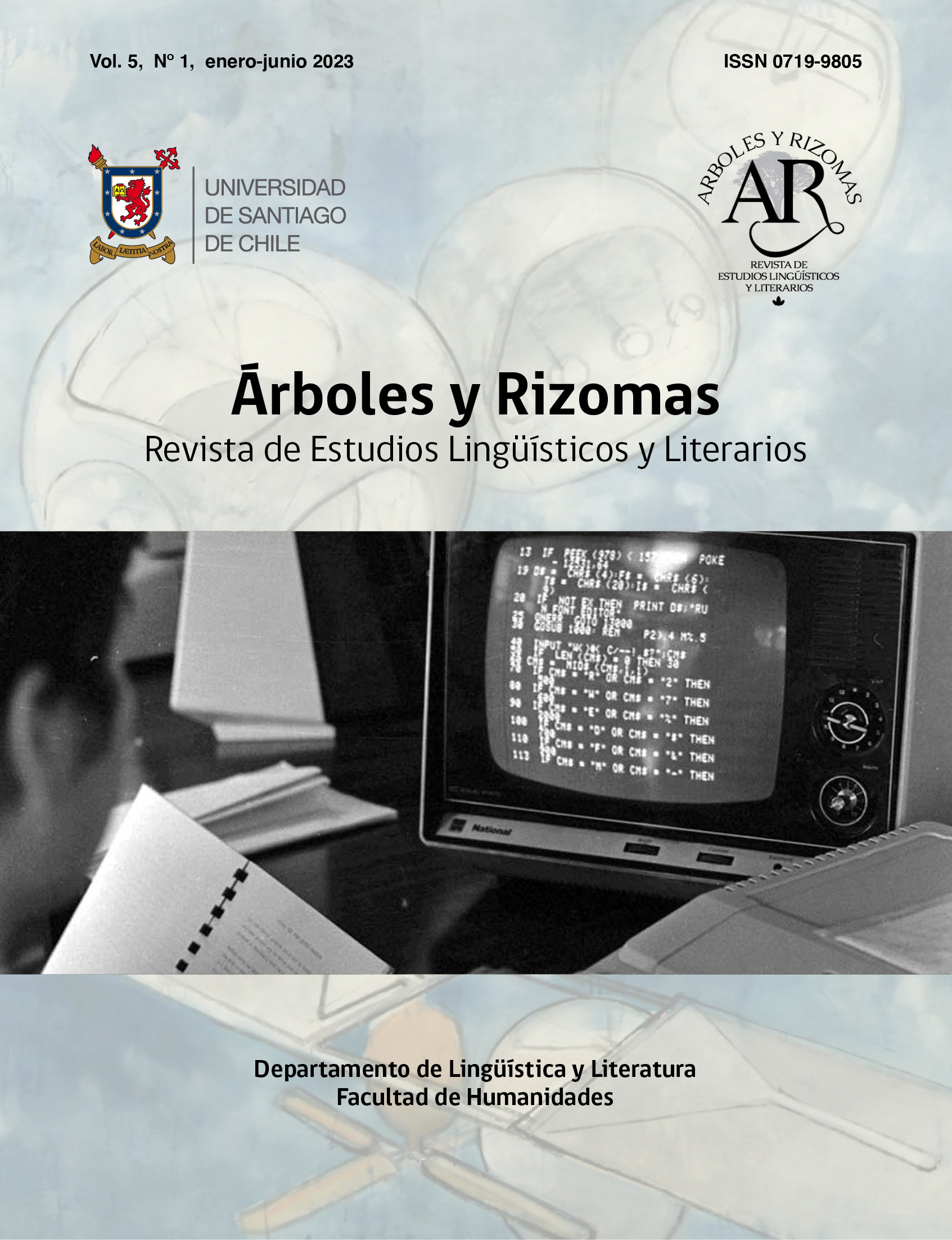Reseña. Ecolinguistics: Language, Ecology and the Stories We Live By
Abstract
The ever-accelerating destruction of life-supporting ecological systems is calling into question some of the fundamental stories we live by: stories of consumerism, progress, individualism, success, and human domination of nature. In Ecolinguistics: Language, Ecology and the Stories We Live By, Arran Stibbe shows how linguistic analysis can help unravel these stories, open them up for questioning, and contribute to the search for new stories. This book charts a new course for ecolinguistics as an engaged form of critical inquiry.
Downloads
References
Benwell, B., y Stokoe, E. (2006). Discourse and identity. Edinburgh University Press. https://doi.org/10.1515/9780748626533
Fairclough, N. (2003). Analysing discourse: textual analysis for social research. Routledge.
Lakoff, G., y Wehling, E. (2012). The little blue book: the essential guide to Thinking and talking democratic. Free Press.
Martin, J., y White, P. (2005). The language of evaluation: appraisal in English. Palgrave Macmillan. https://doi.org/10.1057/9780230511910
Müller, C. (2008). Metaphors dead and alive, sleeping and waking: a dynamic view. University of Chicago Press. https://doi.org/10.7208/chicago/9780226548265.001.0001
Naess, A. (1995). The shallow and the long range, deep ecology movement. En A. Drengson
and Y. Inoue (eds) The deep ecology movement: an introductory anthology. North Atlantic Books, pp. 3–10.
Potter, J. (1996). Representing reality: discourse, rhetoric and social construction. Sage.
Stibbe, A. (2009). The Handbook of Sustainability Literacy: Skills for a Changing World. Green Books.
Stibbe, A. (2012). Animals Erased. Discourse, Ecology, and Reconnection with the Natural World. Wesleyan University Press.
van Leeuwen, T. (2008). Discourse and practice. Oxford University Press. https://doi.org/10.1093/acprof:oso/9780195323306.001.0001






